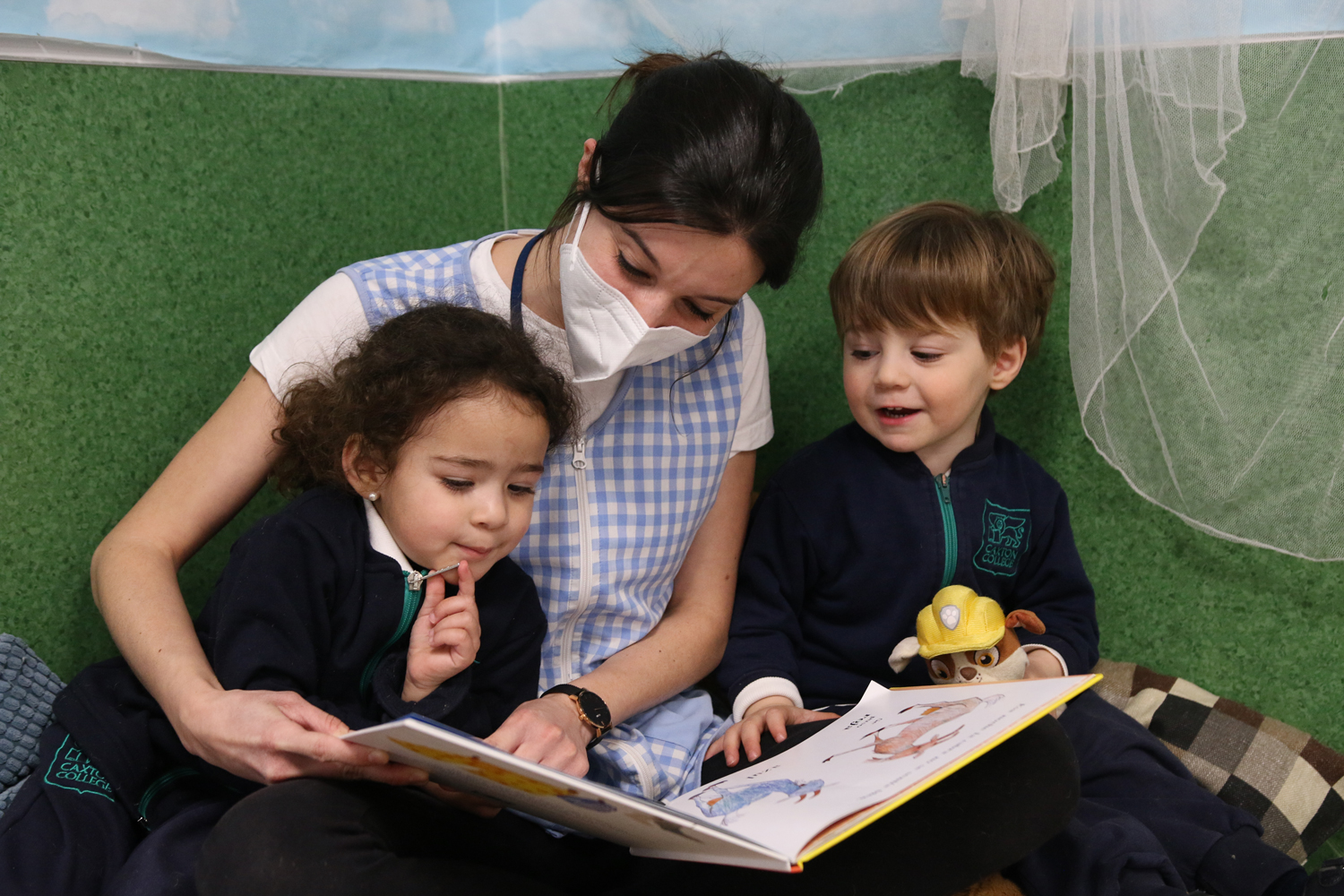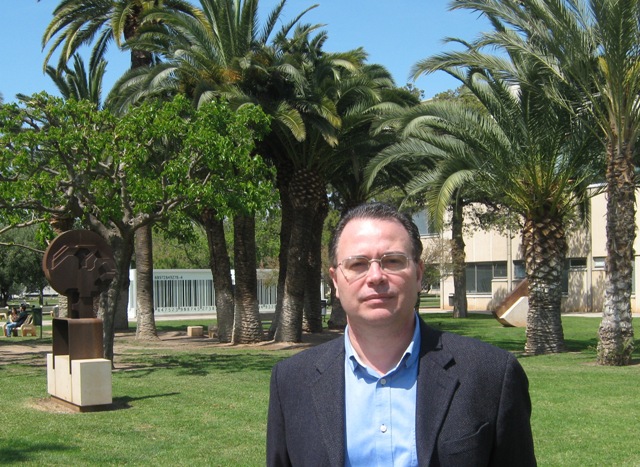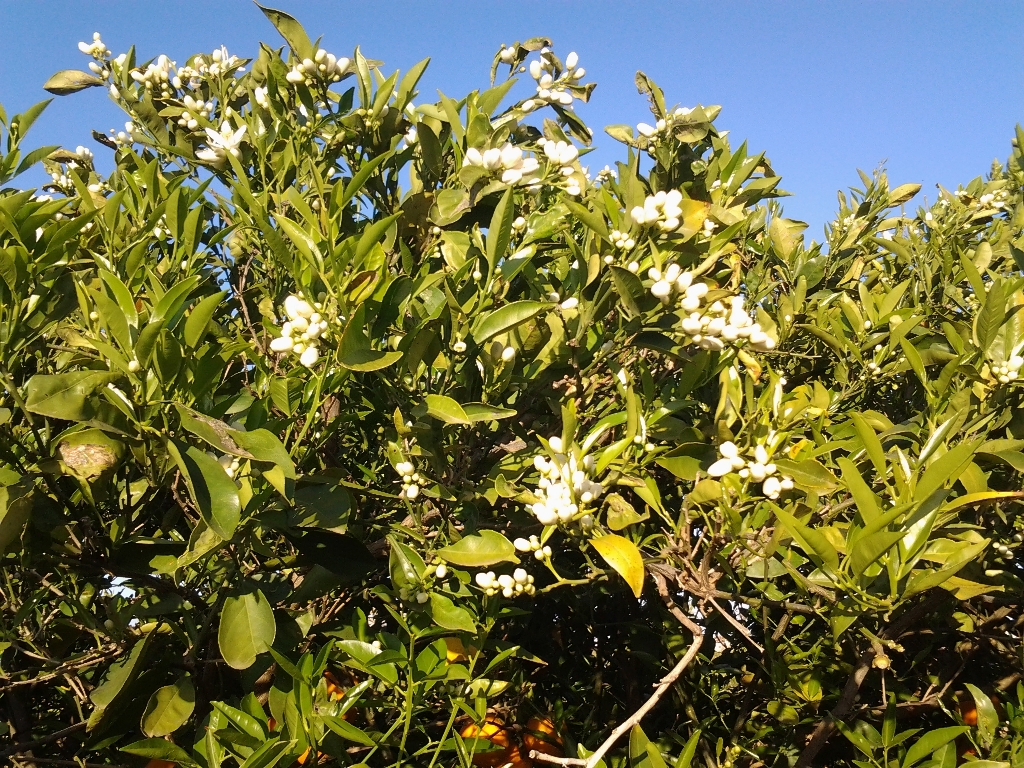Valencian Wetlands Conservation
The Global Nature Foundation (FGN), a reference entity in the conservation of wetlands in Spain, will be in charge of the project “Restoration and monitoring of fauna in Valencian coastal wetlands”.

Over the next six months, various restoration actions will be carried out in four wetlands in the Community of Valencia in order to improve the quality of their waters and the fauna populations that live in these ecosystems. This work has been agreed in advance with those responsible for the wetlands, thus helping to cover important needs for their management.
The actions, carried out with the aid granted by the 2nd Environmental Call of the Bancaja Foundation and Bankia, will complement the work that the Global Nature Foundation has been carrying out for the last ten years in these areas, where it currently has other projects underway that are co-financed by the European Commission, such as the LIFE Paludicola, focused on the conservation of the Aquatic Warbler and all those birds that live in the wetlands, or the LIFE Wetlands4Climate for research into how the good condition of the wetlands can help to mitigate climate change.

Wetlands are the most biodiverse habitats on the planet. Over the past century more than 60% of wetlands have disappeared and due to lack of management, abandonment of their use, absence of wild herbivores or grazing that control the vegetation, wetlands have become extensive reedbeds that are sometimes impassable to many birds that use these habitats as breeding grounds or as stop-overs on their migratory routes between Europe and Africa.
Restoration work on the hydraulic infrastructure (canals, ditches and gates) will begin next March. The wetlands chosen to carry out the work are the Marjal dels Moros, the Prat de Cabanes-Torreblanca Natural Park, the Pego-Oliva Marshland National Park and the El Hondo National Park.
Among the actions planned, the following stand out: works to adapt channels in the Prat de Cabanes-Torreblanca Natural Park to recover water circulation and old abandoned infrastructures that could cause flooding; adaptation works in the Marjal dels Moros with the aim of connecting with natural drainage channels to the sea and creating rest and feeding areas for aquatic birds; and the repair of channels and gates in the Marjal de Pego-Oliva Natural Park to control levels within the wetland. In addition, a scientific bird ringing campaign will be carried out in the El Hondo Natural Park and the monitoring of the European turtle population in the El Prat de Cabanes-Torreblanca Natural Park will continue.







Recent Comments